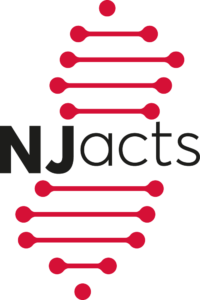 Please read Dr. Simmel’s article in Administration and Policy in Mental Health and Mental Health Services Research titled, “The Complexity of Psychotropic Medication Prescription and Treating Trauma Among Youth in Foster Care: Perspectives from the Lived Experience.“
Please read Dr. Simmel’s article in Administration and Policy in Mental Health and Mental Health Services Research titled, “The Complexity of Psychotropic Medication Prescription and Treating Trauma Among Youth in Foster Care: Perspectives from the Lived Experience.“
Children become engaged with the child welfare system for many reasons, though the predominant cause is child maltreatment, especially child neglect (U.S. Department of Health & Human Services, 2019). In addition to the potential for trauma stemming from maltreatment and/or some of the contributing factors to maltreatment (e.g., poverty, homelessness; caregiver substance misuse, etc.), the experience of living in out-of-home care (foster care) is frequently developmentally disruptive and an additional source of trauma. The accumulation of these experiences can have serious developmental, emotional, and biological consequences, resulting in what has been termed ‘complex trauma’. A number of studies suggest that too often, clinicians default to prescribing psychotropic medication to address the appearance of emotional and behavioral challenges, which may be manifestations of childhood trauma rather than diagnosable mental health problems. To read the full article.
The Complexity of Psychotropic Medication Prescription and Treating Trauma Among Youth in Foster Care: Perspectives from the Lived Experience. Bowden CF, Simmel C, Mendez A, Yu M, Neese-Todd S, Crystal S. Adm Policy Ment Health. 2022 Jun 28. PMID: 35763101 DOI: 1007/s10488-022-01203-4 Online ahead of print.
